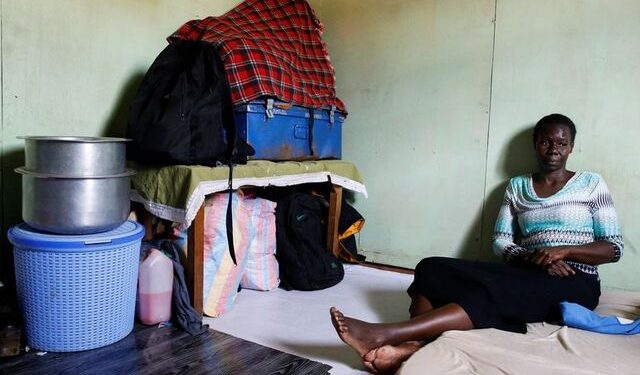A 90-day foreign aid freeze imposed by the US government has disrupted the global supply chain for medical products to fight HIV and other diseases, leaving millions of lives at risk.
In Kenya, the freeze has resulted in a shortage of HIV medication, with patients like Alice Okwirry, a 50-year-old widow living with HIV/AIDS, forced to ration their supplies.
The US President’s Emergency Plan for AIDS Relief (PEPFAR) provides about 40% of Kenya’s HIV drugs and supplies, but the aid freeze has blocked the distribution of these life-saving medications.
A warehouse in Nairobi holds $34 million worth of medicine and equipment, including 2.5 million bottles of antiretrovirals, 750,000 HIV test kits, and 500,000 malaria treatments, but these supplies remain unused due to the lack of funding.
The Kenyan government has promised to mobilize funds to release the supplies, but patients and healthcare providers are growing increasingly anxious.
“I was just seeing death now coming,” said Okwirry, who has a 15-year-old daughter also living with HIV.
The situation is dire, with some patients only able to get refills of their medication for one week at a time.
The US aid freeze has created funding gaps of around $80 million in Kenya, with the government reviewing whether to allocate emergency funding to compensate for the cuts.
The situation highlights the devastating impact of the aid freeze on global health initiatives and the lives of millions of people living with HIV/AIDS.









